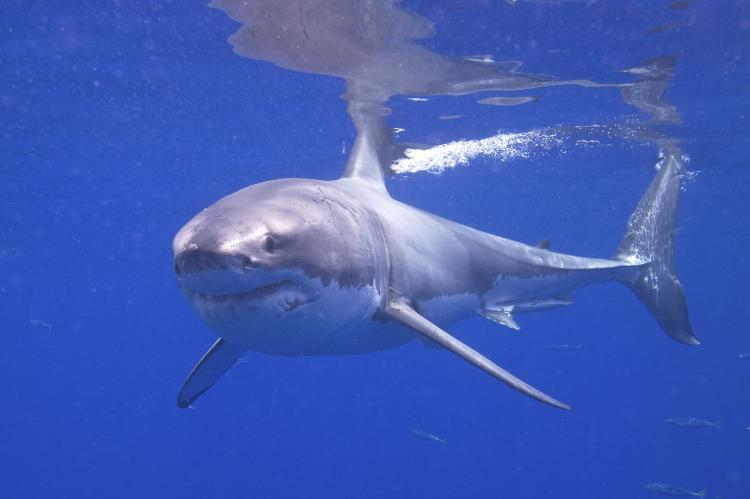How longline fishing overlaps with shark migration routes
An international study highlights the degree to which locations of longline fishing overlap with shark migratory routes worldwide.
A team of more than 150 scientists from 25 countries sought to study shark movements on a global scale in relation to longline fishing by collating the migratory journeys of more than 1,600 sharks tracked with satellite tags.
The research yielded some unique findings, due to its comprehensive coverage. The findings was published in the Nature journal.
"This allowed us to, for the first time, to see how different species overlap in habitats—both in time and space—and understand how these species are interacting with global fishing fleets," said Bonnie Holmes, from The University of Queensland.
After identifying the shark hotspots, the researchers measured how much the locations overlapped with that of global longline fishing vessels (which was the type of fishing gear that catches the most open-ocean sharks).
What they discovered was that sharks are being exposed to fishing pressure from longline fisheries 24 percent of the time in an average month. However, this did not take into account localised pressures from near-shore operations like game fishing, subsistence fishing or shark control measures.
For some species, the figure was much higher. On average, the great white sharks had over 50 percent overlap, while the blue and shortfin mako sharks in the North Atlantic experienced 76 and 62 percent overlap each month.
According to Professor David Sims, who led the study as part of the Global Shark Movement Project based at the Marine Biological Association Laboratory in Plymouth, UK: "Our results show major high seas fishing activities are currently centred on ecologically important shark hotspots worldwide."
"Currently, little to no protection exists for sharks in the high seas. It's clear from our study that immediate conservation action is needed to prevent further declines of open-ocean sharks," said co-author Neil Hammerschlag, a research associate professor at the University of Miami Rosenstiel School of Marine and Atmospheric Science.
The team proposes designating large-scale marine protected areas around regions of shark activity as well as establishing strict quotas to reduce catches elsewhere.
"Some of the shark hotspots we studied may not be there in as little as a few years' time if management measures are not put in place now to conserve the sharks and the habitats on which they depend," said Sims.


